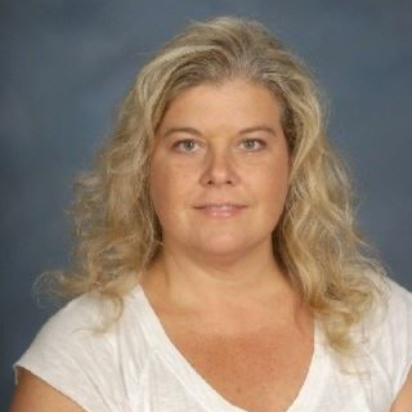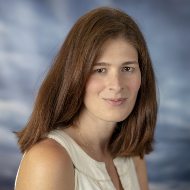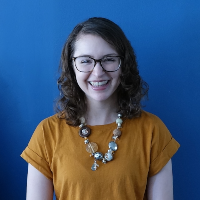In the 10 feet I’ve walked from the car to the education department, I’ve broken a sweat. South Carolina in July has an oppressive humidity that permeates even the classroom where NCSE’s Nature of Science workshop is taking place. By 3 p.m., the skies will erupt into a dramatic summer thunderstorm. But for now the atmosphere over the Clemson campus hangs heavy and still.
 For Sandy Phillips-Long, a Clemson Ph.D. student and 2019 NCSE Graduate Student Outreach Fellow, the humidity doesn’t seem to register. She grew up in South Carolina and has raised a family here, working as a nurse and a high school teacher before deciding to pursue her doctorate in healthcare genetics.
For Sandy Phillips-Long, a Clemson Ph.D. student and 2019 NCSE Graduate Student Outreach Fellow, the humidity doesn’t seem to register. She grew up in South Carolina and has raised a family here, working as a nurse and a high school teacher before deciding to pursue her doctorate in healthcare genetics.
“In our state, the primary way of getting a raise was to earn another degree or take another graduate course, plus teaching hours. As I was taking courses in biology, I started focusing on genetics—I love genetics.” Phillips-Long’s love of learning has led her to join our July workshop with Teacher Ambassadors from across the country That gave us a chance to chat with her about her background and her work in evolution education.
Phillips-Long is South Carolina personified, from her warm Southern drawl to her unending patience with the world around her. Surprisingly, despite growing up Southern Baptist in the Deep South, she didn’t encounter pushback about evolution until later in life. “I can remember growing up in the church—evolution was not an issue. This was way before creationism became popular, and I had no clue what that was.” That all changed when she started teaching in the early 2000s. She was unprepared for the amount of resistance she would face. “Kids would tune out, turn off. I would give them a test, and they would write that ‘fakes were created’ when talking about fossils, ‘because Jesus said so.’ It was always something.”
Talking to Phillips-Long reveals her great depth of caring for her students, even those who tried to make her teaching difficult. After she describes some particularly frustrating encounters with creationist beliefs in her students, she immediately reflects, “I noticed a lot of times that they would write down these answers because they didn’t know the correct answer.” She often dealt with this by separating their religious beliefs from evidence-based science, giving students the freedom to express their beliefs while gently insisting that they learn the facts. “I would tell them that it doesn’t matter what you believe, as long as you put the right answer down.” This approach can be effective with students that might feel guilt over learning evolution by giving them an out to learn the evidence without feeling like they are betraying their religion. However, she adds that South Carolina policies make some of her preferred practices difficult. “The kids would always ask me questions—I would tell them, I’m not allowed to discuss religion, but whatever you believe, there’s room for both your religious beliefs and science.”



